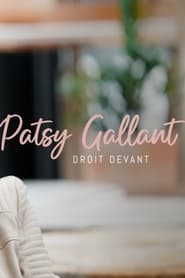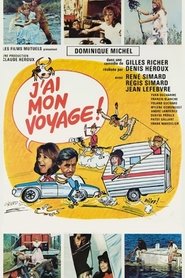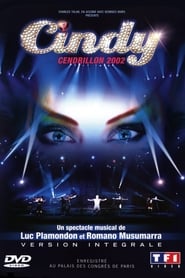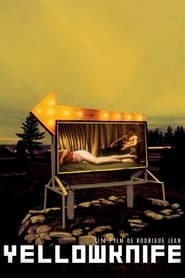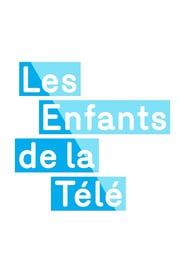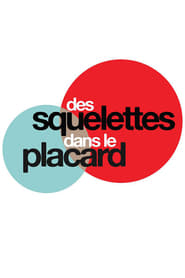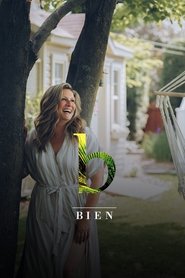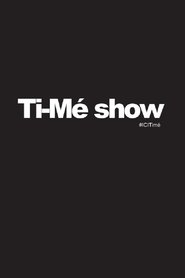Patricia Gallant (born August 15, 1948, in Campbellton, New Brunswick) is a Canadian pop singer and musical theatre actress. Of Acadian ancestry, she has recorded and performed in both English and French.
Patsy Gallant was one of the 10 children of Béatrice Aubé Gallant and Arthur Gallant. At age five, she was part of The Gallant Sisters with older siblings Angeline, Florine, and Ghislaine. At eight Gallant gained television exposure after her parents moved to Moncton; two years later the group was playing nightclubs in Montreal. She left the group for a solo career in 1967, was featured in commercials, and was a regular on both the French-language TV variety program Discothèque and its English equivalent, Music Hop.
Gallant released her first single in 1967, which earned her appearances on a number of television variety shows. That same year she performed at Montreal's Place des Arts, opening for Charles Aznavour. Through the late 1960s and 1970s Gallant worked with a host of young and talented creators including Yves Lapierre, Judi Richards, Christine Charbonneau, and Denis Forcier. In 1971, Gallant co-starred on the weekly television variety show Smash presented by Télévision de Radio-Canada (the French arm of CBC Television). During the show, Gallant teamed up with singer-songwriter Christine Charbonneau who wrote most of the lyrics for her two major French albums that were released by Columbia Records, Gallant songs, written by Charbonneau included, "Tout va trop vite", "Thank you come again" (French version), "Le lit qui craque", "Un monde en voie de naître", and "Un jour comme les autres". Patsy Gallant (Tout va trop vite) from 1972 was followed by Toi l'enfant in 1974. Several of the songs including "Tout va trop vite", "Un jour comme les autres", "Le lit qui craque", and "Thank You Come Again (French version)" climbed the Quebec charts. Also found on the latter album is the original song "Les femmes", a hit song which was covered in 1976 by Sheila in France.
Patsy Gallant, as a bilingual artist, used to release English and French versions of her albums simultaneously. She aimed for the Francophone market of Quebec and Europe as well as English Canada and the United States. In September 1972 she released Upon My Own, her first English album. Although her two French albums were hits in French Canada, the only song from this album to score a minor hit was "Get That Ball", a funky song written by Yves Lapierre and Ken Owen. Other notable songs from this album are "This Old Lady", "Saturday Weather", "People Going Down the Avenue" and "I've Gotta Make It" (Upon My Own).
Intensifying her efforts in the American market, Gallant recorded her 1974 album Power in Nashville, Tennessee, United States. Although the album spawned four moderately popular singles with "Save the Last Dance For Me", "Make My Living", "Doctor's Orders" and the title song "Power", they were not a commercial breakthrough. ...
Source: Article "Patsy Gallant" from Wikipedia in English, licensed under CC-BY-SA 3.0.
Patsy Gallant was one of the 10 children of Béatrice Aubé Gallant and Arthur Gallant. At age five, she was part of The Gallant Sisters with older siblings Angeline, Florine, and Ghislaine. At eight Gallant gained television exposure after her parents moved to Moncton; two years later the group was playing nightclubs in Montreal. She left the group for a solo career in 1967, was featured in commercials, and was a regular on both the French-language TV variety program Discothèque and its English equivalent, Music Hop.
Gallant released her first single in 1967, which earned her appearances on a number of television variety shows. That same year she performed at Montreal's Place des Arts, opening for Charles Aznavour. Through the late 1960s and 1970s Gallant worked with a host of young and talented creators including Yves Lapierre, Judi Richards, Christine Charbonneau, and Denis Forcier. In 1971, Gallant co-starred on the weekly television variety show Smash presented by Télévision de Radio-Canada (the French arm of CBC Television). During the show, Gallant teamed up with singer-songwriter Christine Charbonneau who wrote most of the lyrics for her two major French albums that were released by Columbia Records, Gallant songs, written by Charbonneau included, "Tout va trop vite", "Thank you come again" (French version), "Le lit qui craque", "Un monde en voie de naître", and "Un jour comme les autres". Patsy Gallant (Tout va trop vite) from 1972 was followed by Toi l'enfant in 1974. Several of the songs including "Tout va trop vite", "Un jour comme les autres", "Le lit qui craque", and "Thank You Come Again (French version)" climbed the Quebec charts. Also found on the latter album is the original song "Les femmes", a hit song which was covered in 1976 by Sheila in France.
Patsy Gallant, as a bilingual artist, used to release English and French versions of her albums simultaneously. She aimed for the Francophone market of Quebec and Europe as well as English Canada and the United States. In September 1972 she released Upon My Own, her first English album. Although her two French albums were hits in French Canada, the only song from this album to score a minor hit was "Get That Ball", a funky song written by Yves Lapierre and Ken Owen. Other notable songs from this album are "This Old Lady", "Saturday Weather", "People Going Down the Avenue" and "I've Gotta Make It" (Upon My Own).
Intensifying her efforts in the American market, Gallant recorded her 1974 album Power in Nashville, Tennessee, United States. Although the album spawned four moderately popular singles with "Save the Last Dance For Me", "Make My Living", "Doctor's Orders" and the title song "Power", they were not a commercial breakthrough. ...
Source: Article "Patsy Gallant" from Wikipedia in English, licensed under CC-BY-SA 3.0.
Show more expand_more
keyboard_double_arrow_down


